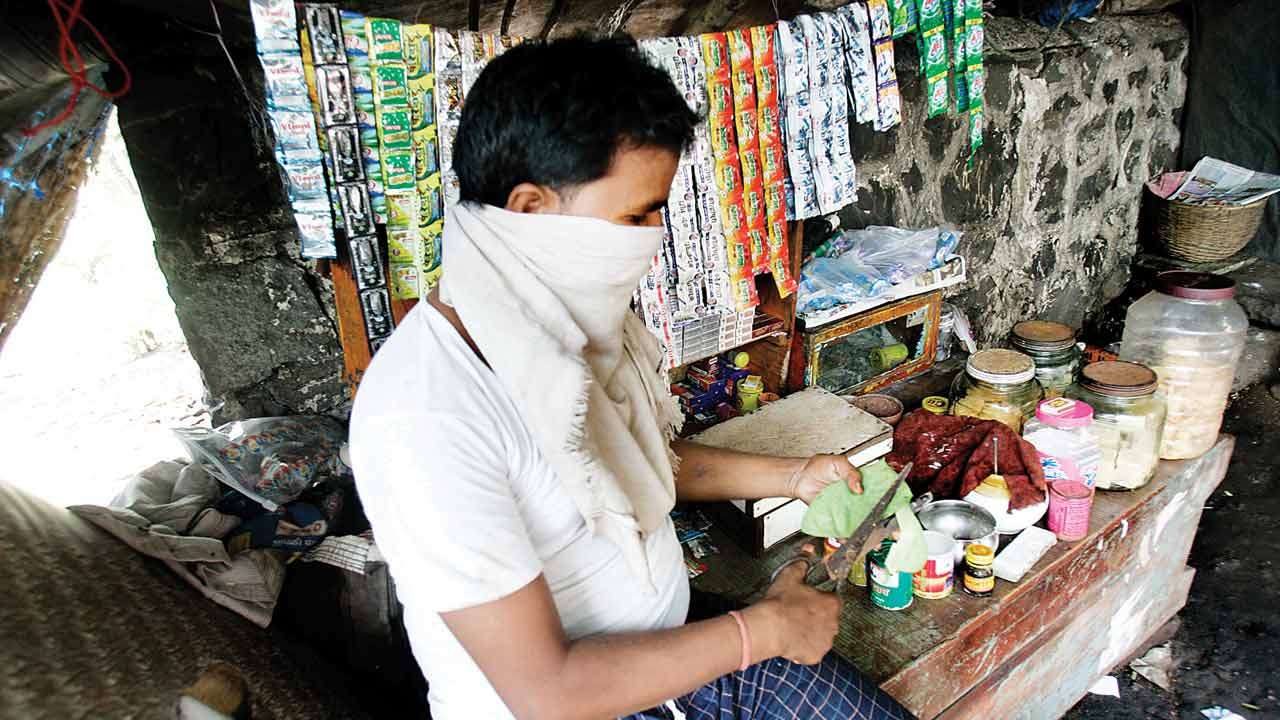
According to the World Health Organization, tobacco use kills more than seven million people every year, globally. With nearly 270 million adults, above the age of 15 years, using tobacco in some form or the other in India, the death toll due to tobacco use in the country is more than one million every year. While globally, cigarette smoking is the biggest killer, for India and most of the neighbouring countries from the Region smokeless tobacco (SLT) form is the larger part of the tobacco use burden. According to the recent Global Adult Tobacco Survey India Report, 2017, one in every five Indian is hooked to SLT. Among men, two most commonly used tobacco products are SLT i.e. khaini (8.5 crore) and gutkha (5.1 crore). Amongst women, the three most commonly used are SLT i.e. betel quit (2 crore), oral application (2 crore) and khaini (1.9 crore).
SLT causes several health problems for its users. SLT can cause oral and other cancers, in addition to other mouth diseases and heart disease. In India, the use of SLT remains the dominant cause of tobacco-attributable diseases, including oral cancer. SLT not only causes adverse health effects but is also responsible for a huge economic burden. According to the Ministry of Health and Family Welfare report, on the health cost of tobacco use, males contributed 91% of the total economic burden of Rs 1,04,500 crore in the year 2011. However, the contribution from females was much higher at 29 per cent for SLT. If one considers only the direct medical cost, female share in costs attributable to SLT increased substantially to 66 per cent. In addition, the average expenditure on purchase of SLT has doubled to Rs 12.8/- in 2017 compared to 2010. With almost 20 crore SLT users, this amount is a huge dent in household expenditure, exposing poor and vulnerable families to further poverty. This expenditure on SLT use which otherwise could be used in essentials like education, food and milk for children.
SLT use is also responsible for creating a huge amount of solid and non-bio-degradable waste. Besides, tobacco cultivation impacts the environment in many ways, e.g. tobacco growing leads to depletion of nutrients from the soil and leads to soil erosion, deforestation, disturbance in patterns of bio‐diversity including continuous ecological damage due to deforestation. Disposal of tobacco‐related waste and litter is another grave environmental burden due to tobacco use. Invoking the principle of ‘Polluter pays’ the High Court of Rajasthan directed the tobacco manufacturers in the state against the use of plastic packaging. The Supreme Court of India upheld the order and as a result, the Ministry of Environment and Forest amended Plastic Waste (Management and Handling) Rules, 2011 to prohibit the use of plastic materials in sachets for storing, packing or selling gutkha, tobacco and pan masala.
Taking further steps to prevent the use of SLT, the Indian government issued a notification under the Food Safety and Standards law stating that food products must not contain any substance which may be injurious to health. The regulation prohibited tobacco and nicotine from being used as ingredients in food items. This led a series of ban on sale and manufacture of gutkha across the country with Madhya Pradesh being the first state to initiate the ban.
The Union Ministry of Health and Family Welfare suggested state governments to take further stronger measures to curb SLT use in the country by issuing a prohibitory order against manufacture and sale of any kind of SLT products. The state of Assam became the first state to issue a blanket ban on all SLT products in February 2014. Several states, including Bihar, Maharashtra and Mizoram have since then issued stronger regulations concerning ban on SLT products.
Evidence suggests that any tobacco control regulation, unless comprehensive, does not yield the intended public health objective. To make sure that the intended objectives of gutkha ban and the proposed SLT ban are achieved, all stakeholders must work together for a comprehensive ban on manufacture and sale of smokeless tobacco in the country. Provision for accessible and affordable cessation services for all SLT users who plan to quit is the first step towards meeting this objective.
SLT use mixed with areca nut is a common practice in India and stated in the beginning, betel quid and gutkha the two most commonly used forms of SLT have areca nut as a common ingredient. Areca nut itself is classified as having class one carcinogen properties i.e. cancer-causing properties, besides responsible for other adverse health effects. The combination of tobacco and areca nut put their users, mostly women from the poor and vulnerable sections of the society, to a completely preventable risk of disease and death.
We the people of this country should enter into another final combat, this time against the use of tobacco, and set ourselves free from the clutches of this ill-habit.
The author is Director, ICMR – National Institute of Cancer Prevention and Research